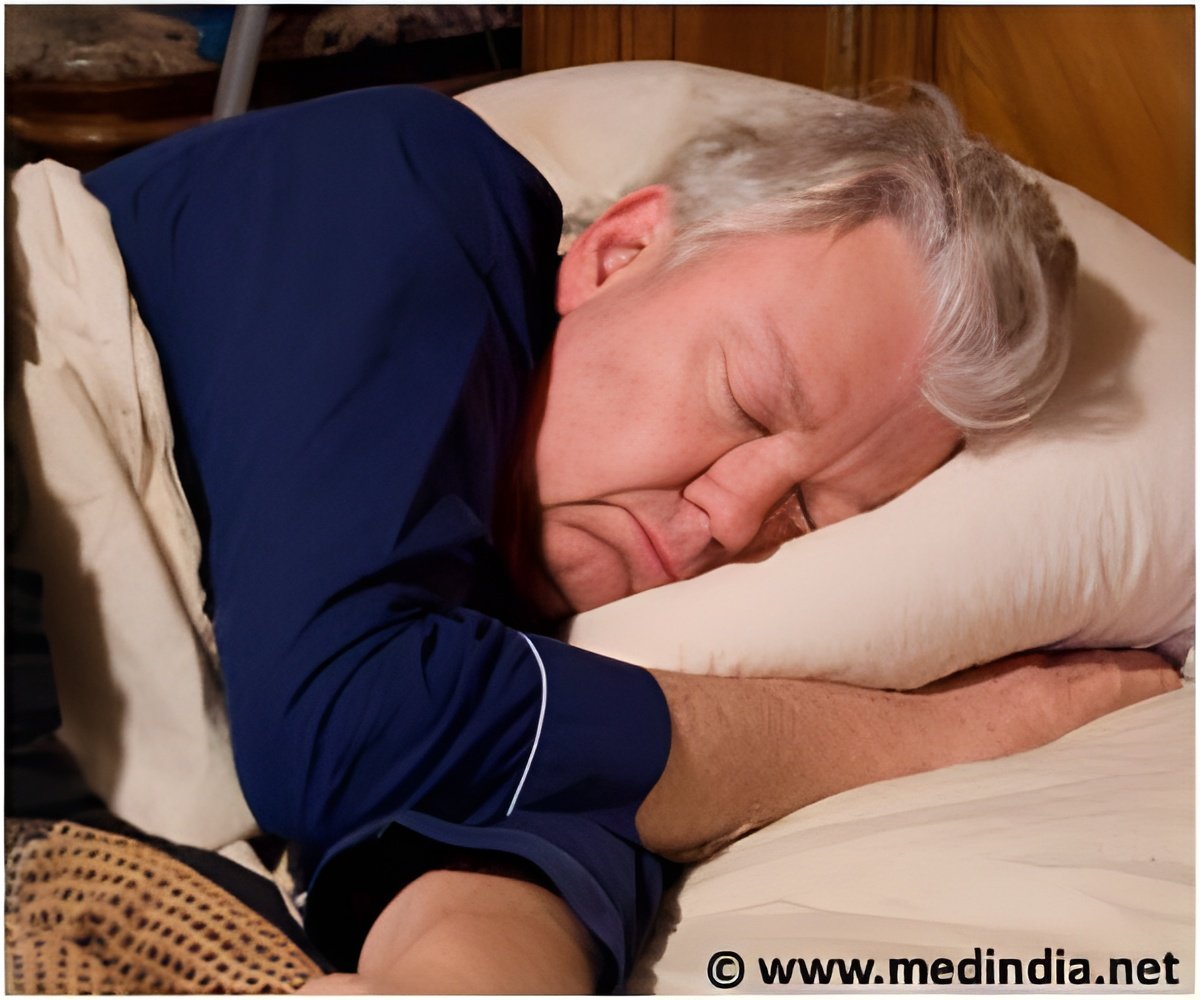Older adults who took a nap for 30 - 90 minutes had a better cognition than those who took never took a nap and those napped for more than an hour.

- Sleep plays a key role in helping older adults maintain their healthy mental function.
- People who took an hour-long nap after lunch did better on the mental tests compared to the people who did not nap.
Nearly 60 percent of the people in the study said they napped after lunch in the afternoon. They napped between about 30 minutes to more than 90 minutes, with most people taking naps lasting about 63 minutes.
The participants took several tests to assess their mental status. They answered simple questions such as questions about the date, the season of the year and they did some basic math problems.
Participants also were asked to memorize and recall words, and were asked to copy drawings of simple geometric figures. Finally, these older Chinese adults were asked questions about their napping and nighttime sleep habits.
According to the study’s results, people who took an hour-long nap after lunch did better on the mental tests compared to the people who did not nap. Those who napped for about an hour also did better than people who took shorter or longer rests.
The people who did not nap, and those who took shorter or longer naps, experienced about the same decline in their mental abilities that a five-year increase in age would be expected to cause.
- Junxin Li et al., Afternoon Napping and Cognition in Chinese Older Adults: Findings from the China Health and Retirement Longitudinal Study Baseline Assessment , Journal of the American Geriatric Society (2017) DOI: 10.1111/jgs.14368.
Source-Medindia















